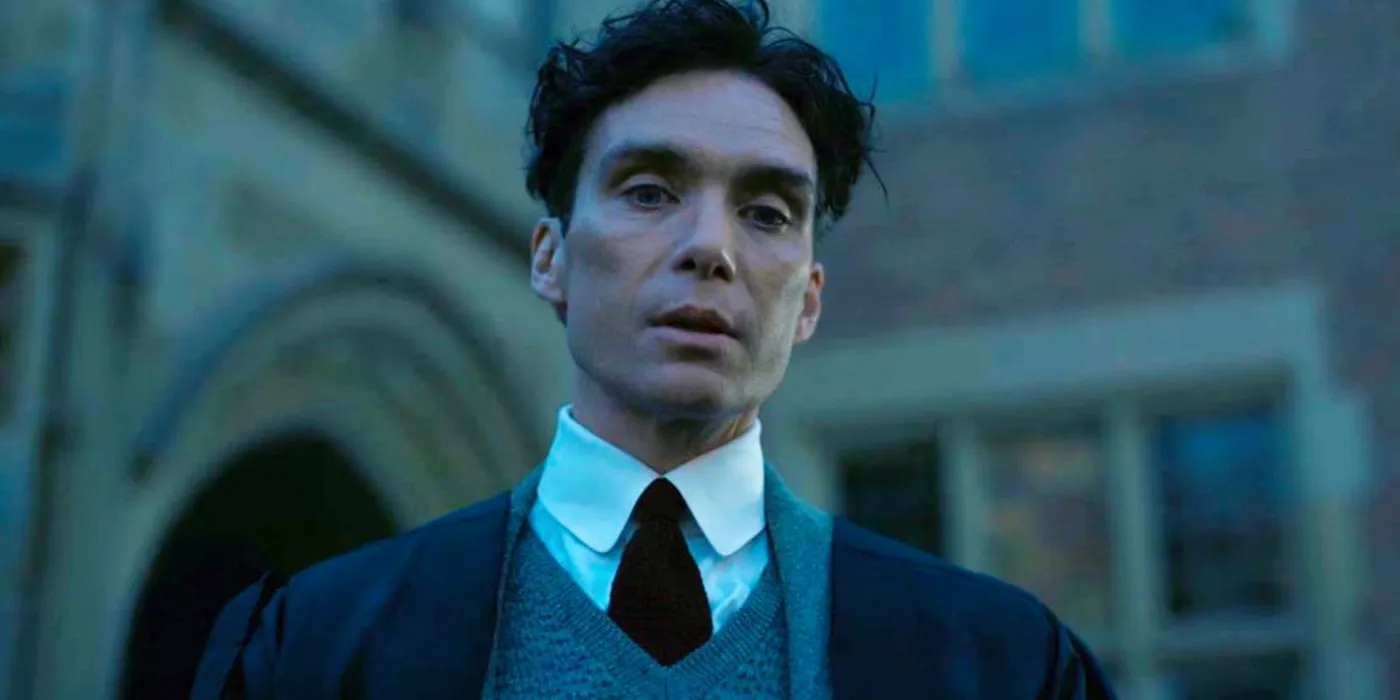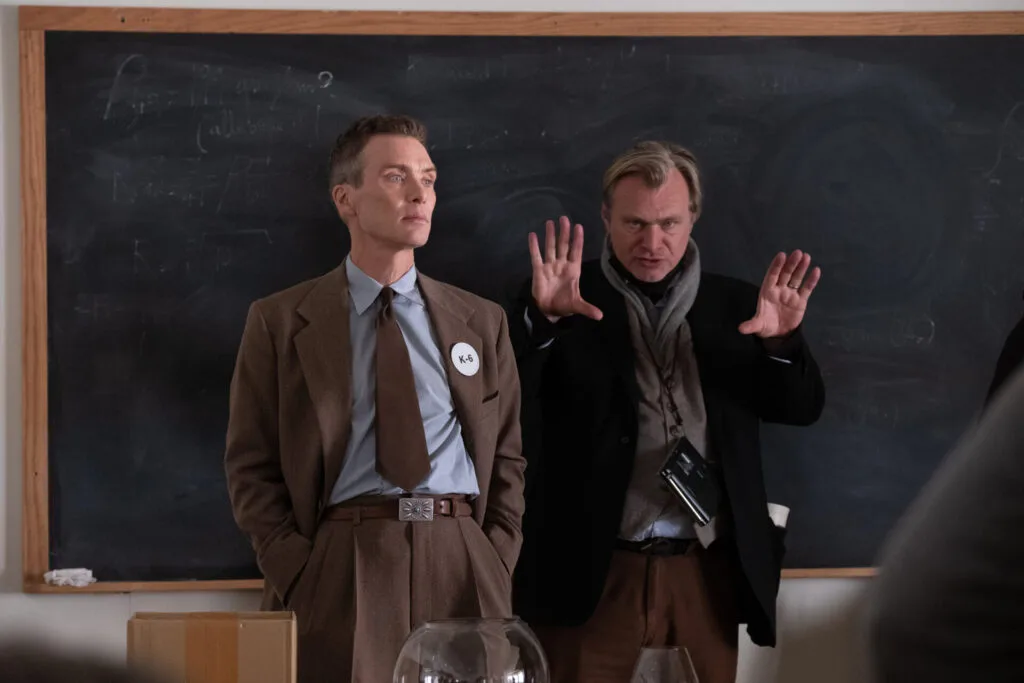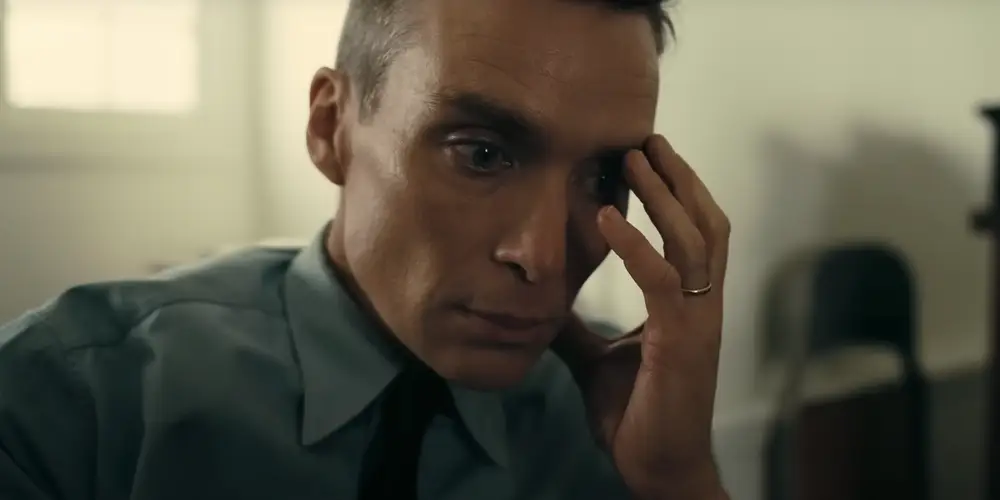Christopher Nolan’s summer blockbuster, which delves into the life of J. Robert Oppenheimer, has stirred conversations across the nation. The film, centered on the renowned Manhattan Project physicist, has impressed even those closely connected to the Oppenheimer legacy. However, a single early scene has caught the attention of Oppenheimer’s grandson, Charles Oppenheimer, who shared his thoughts on historical accuracy and cinematic interpretation.
The Scene That Oppenheimer’s Grandson Wants to Omit from the Film
When questioned about any discrepancies or emotional inaccuracies within the movie, Charles Oppenheimer singled out a specific sequence from the film’s initial half-hour. This scene features a young Oppenheimer, portrayed by Cillian Murphy, during his days as a student at Cambridge. In a moment of tension, he injects poisonous substances into an apple meant for his professor, Patrick Blackett. As panic sets in, Oppenheimer rushes to prevent the consumption of the tainted apple.

Charles Oppenheimer highlighted the inaccuracy of this scene, deeming it a departure from historical reality. He emphasized that there is no historical record of his grandfather attempting harm against anyone, let alone trying to take a life. The notion of Oppenheimer’s involvement in such an act is a distortion of historical facts, and Charles Oppenheimer noted that neither foes nor allies of J. Robert Oppenheimer ever entertained the belief that he had committed such an act.
The scene’s inspiration can be traced back to an anecdote briefly recounted in the biography “American Prometheus.” According to the authors, during the fall of 1925, when Oppenheimer was a 21-year-old student, rumors circulated that he had tampered with an apple intended for Professor Blackett, introducing harmful chemicals. This alleged incident occurred during a period of profound emotional distress and anxiety for Oppenheimer. The biography characterizes the action as an impulsive manifestation of his overwhelming emotional state.

While university officials reportedly uncovered this impulsive act, “American Prometheus” contends that the substance added to the apple was unlikely to be a lethal poison. Instead, the book speculates that the apple was probably tainted with a substance meant to induce sickness rather than fatality. The biography argues that had Oppenheimer indeed intended to harm his professor, the consequences would have ranged from attempted murder charges to expulsion from the academic institution.
Charles Oppenheimer, residing in the Bay Area, is the son of Peter Oppenheimer, who spent his formative years in Los Alamos during the wartime period. As he offers insights into the historical accuracy of the film, Charles Oppenheimer underscores his respect for Christopher Nolan‘s expertise and artistic vision. He acknowledges Nolan’s role as a cinematic genius and recognizes the filmmaker’s authority in shaping the narrative.
In the realm of historical interpretation and cinematic storytelling, the nuances of accuracy and artistic license often intersect. Charles Oppenheimer’s perspectives shed light on the intricate balance between presenting historical events and crafting compelling storytelling, ultimately contributing to the ongoing discourse surrounding “Oppenheimer,” the cinematic portrayal of a brilliant mind amidst the complexities of history.
Credits Time









